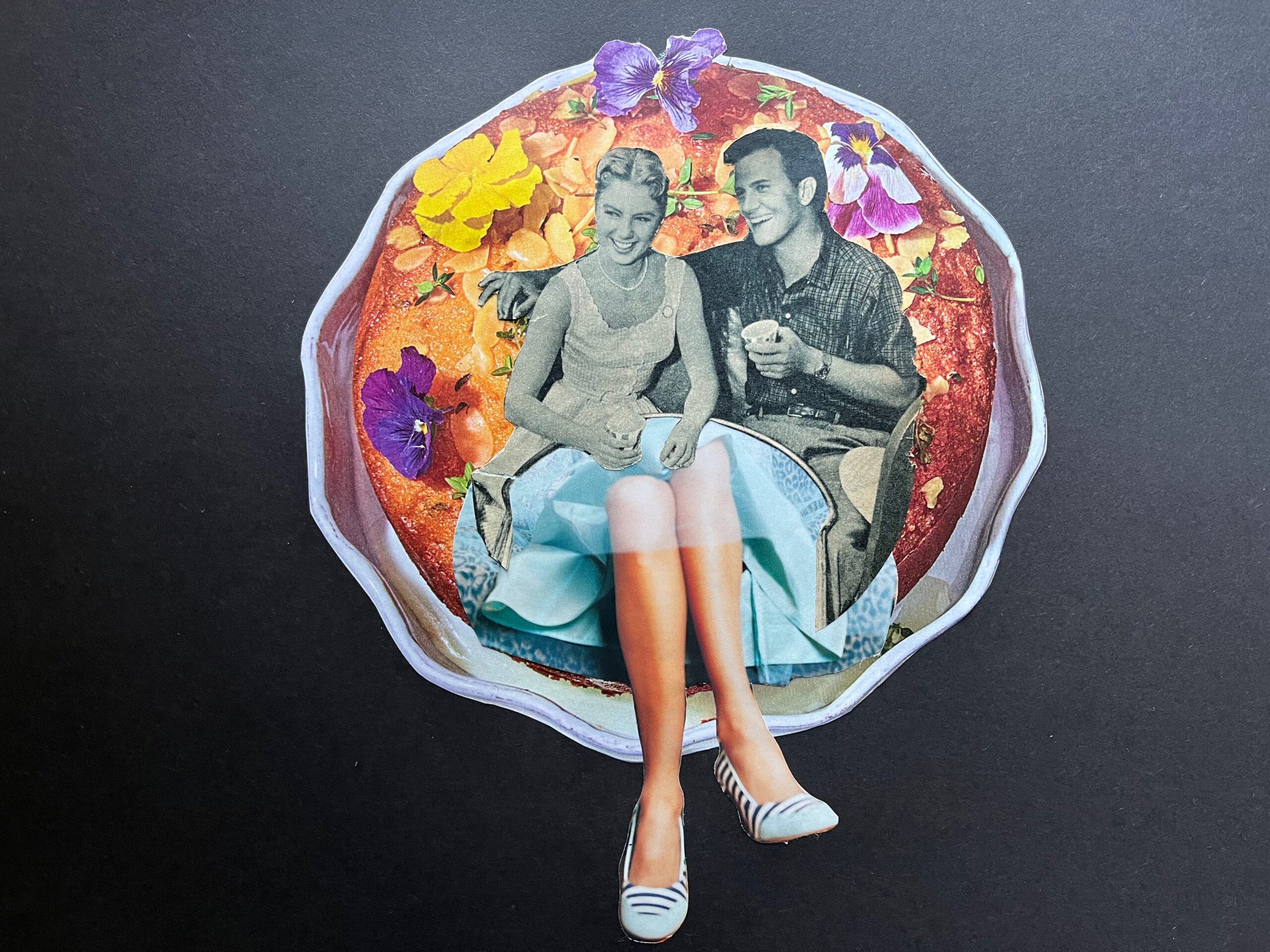The other day on TOK FM radio station, presenters of Big Book Cafe – Paulina Wilk and Anna Król talked about how important it is to give yourself space to read light literature. It makes me a tad less guilty that I have fallen into a thankfully not-too-deep hole of romcom books set in fictionalised worlds of the rich and famous. It is, it turns out, a trendy sub-genre.
It all started with Taylor Jankins Reid and her Daisy Jones and The Six (⭐️⭐️⭐️⭐️), an exciting book adapted to a much less exciting TV series on Amazon (⭐️). It reflects on the rise and fall of the titular rock band in the 1970s. And it’s told through interviews with its members, which adds realism and unusual depth, creating an incredibly compelling read. Sadly, these elements were mostly omitted in the series (or at least the first three episodes I lasted for), which made the adaptation painfully flat. Also, miscasting a rather one-dimensional Sam Claflin as a complicated, long hair heartthrob with a guitar might have had something to do with it.
As much as I enjoyed reading Daisy Jones, the other two books by Reid, I picked up aftrewards, Seven Husbands of Evelyn Hugo (⭐️⭐️⭐️) her most recent, Carrie Sotto Is Back (⭐️⭐️), were big disappointments. It turns out it is not the glamour of the rich and famous life I enjoy, nor do I have an interest in the characters’ private affairs. What I like the most is the insight into the creative processes of their work and their passion for what they do. I didn’t find it in the fictionalised take on the return of the female tennis champion Carrie Sotto nor in Seven Husbands. Still, in Daisy Jones, the creative process of writing the songs and composing the music was the book’s highlight for me.
This is probably why I thought Romantic Comedy (⭐️⭐️⭐️⭐️) by Curtis Sittenfeld was such a thrilling read. Sittenfeld sets it in the inspiring fictionalised world of the late-night show The Night Owls, based on the iconic Saturday Night Live. The book starts in April 2018 during the intense production of one of the episodes. It is while pulling an all-nighter a staff writer Sally Miltz meets Noah Brewster, the host and the musical guest of the week. The first part of their journey together explores the practical aspects of creating the show and the fascinating sketch writing process. As Sally helps Noah prepare for the big night, the love ignites. Not surprisingly, she doesn’t believe a good-looking celebrity can be interested in someone as ordinary as her and competently fucks it all up.
As much as the story of their reconnection during the pandemic is a delight, it also feels trite and formulaic and not dissimilar to the trends of the 1990s. After all, the obstacle that stands in the way of the two characters getting together is Sally’s low opinion of her looks, which sadly is not explored to any extent and disappears with the first kiss. Noah’s character is so perfect he might as well be Sally’s fantasy. Twenty years ago, I didn’t know any better, but in 2023 the near flawlessness of Sally’s and Noah’s romance adds to the book’s faults.
As Louisa Young rightly points out in The Guardian, reporting on the thirty-six new productions coming out this year in all shapes and forms of film and TV series, ‘the new romcoms are being made by people who grew up on the old ones and see their values but don’t necessarily share all their values or their social context.’ But I’m unsure if the genre evolved enough for the second part of that statement to be true. Romantic Comedy definitely couldn’t be an example of it. Even though it features a mixed-race couple and gives a female writer a seat in the writer’s room, how far really has it come since Bridget Jones’s Diary? As many are questioning, I’m also uncertain if the high we get from the joy of unrealistic relationships in romcoms balances out our expectations and the hangover we get from real-life’s romantic disappointments.
The book has reminded me of a not-so-good, but useful for reference, documentary directed by Elizabeth Sankey. In her Romantic Comedy (⭐️⭐️), she questions the genre evolution. Sankey highlights romcoms flaws in featuring predominantly white, straight, and marriage-hungry characters and how they affected her and many others’ romantic relationships f our generation.
